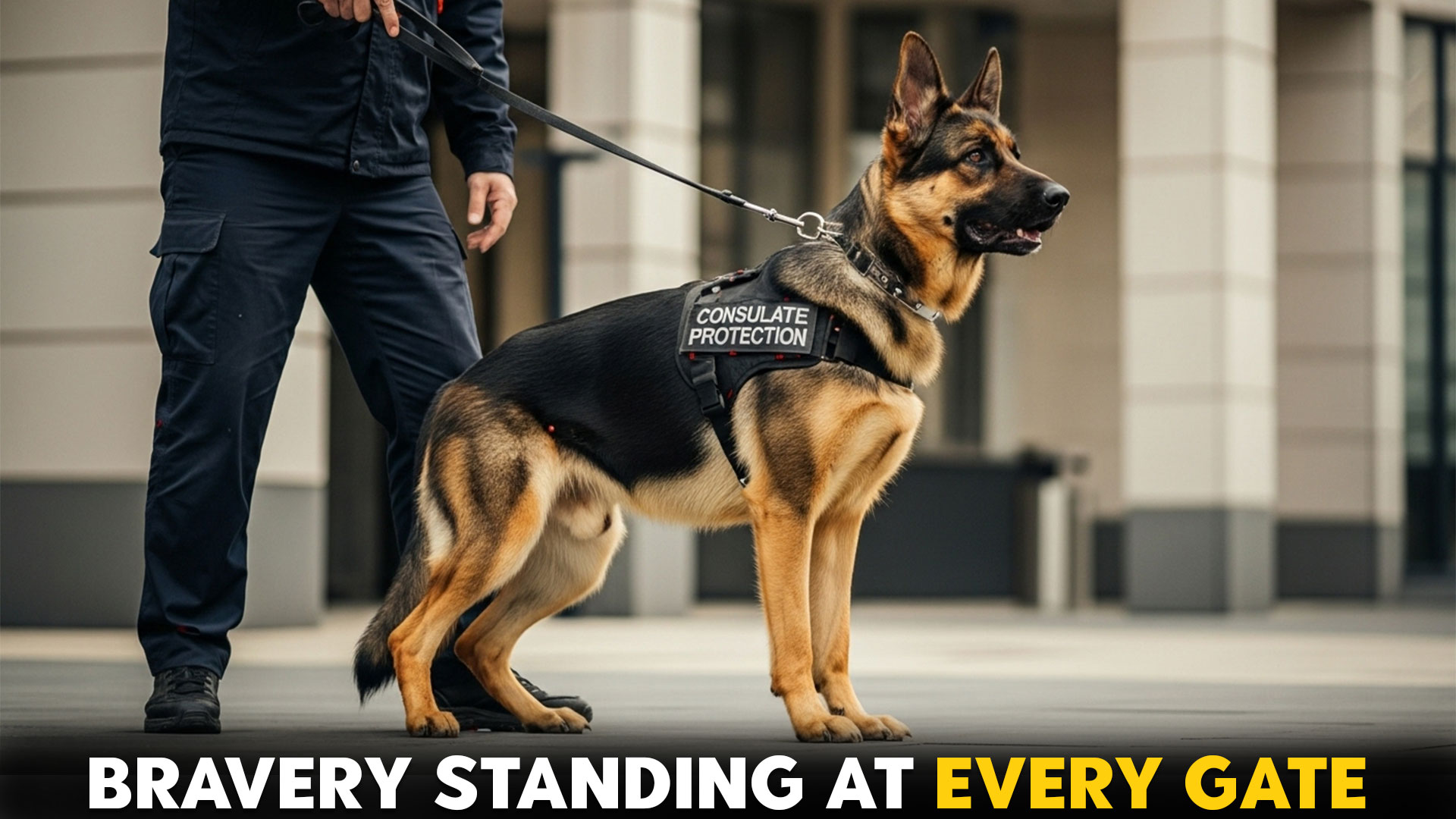When safety is non-negotiable, only the most loyal and dependable guardians make the cut. Picture the gates of a consulate: diplomats walking in and out, high-level conversations unfolding inside, and a silent yet powerful protector standing watch.
For centuries, dogs have served as guardians of property, families, and leaders—and in the world of diplomacy, they’re more than pets; they’re trusted allies. The best dog breeds for consulate protection combine intelligence, obedience, and bravery with a calm demeanor that knows when to stand firm and when to relax.
Unlike ordinary watchdogs, these breeds are trained to recognize threats, remain composed under pressure, and act decisively when needed. These canine defenders aren’t just muscle—they’re brains, instincts, and heart working together.
Here, we’ll explore the top breeds trusted for consulate protection, highlighting what makes them so effective at safeguarding some of the world’s most important places.
Quick Insight: Protection dogs have extremely powerful senses. For example, they detect smells & sounds much better than humans (used in the detection of danger or intrusion).
Best Dog Breeds For Consulate Protection
1. German Shepherd
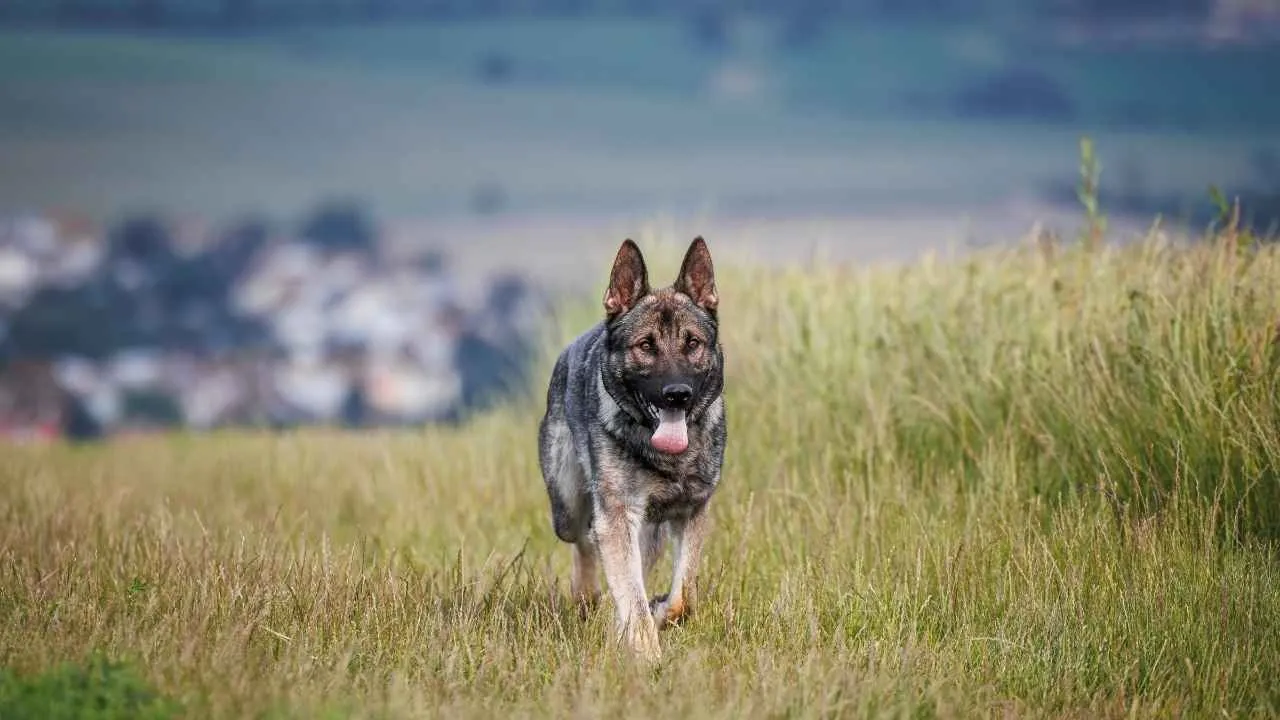
When it comes to protection dogs, the German Shepherd isn’t just on the list—it is the list. The breed has been the gold standard of law enforcement, military units, and search-and-rescue teams since the late 1800s.
If there’s a high-stakes mission and only one dog can be trusted with it, odds are the German Shepherd gets the call. From tracking lost hikers to sniffing out explosives, these dogs have done it all. Their versatility is unmatched.

German Shepherds dominate in Schutzhund—a demanding sport that tests guarding instincts, scent work, responsiveness, and physical performance. Basically, it’s the Olympics of dog protection, and they’re perennial medalists.
They don’t just guard the perimeter—they bond deeply with their people. To a Shepherd, the ambassador and their family aren’t just employers, they’re pack.
German Shepherd protection dogs are among the most intelligent of all breeds, capable of learning complex commands and even subtle cues.
Of course, with great power comes great responsibility. Without proper socialization, their protective instincts can get a little too enthusiastic. But when raised with positive reinforcement and early exposure to people and environments, German Shepherds grow into confident, well-balanced guardians.
2. Belgian Malinois
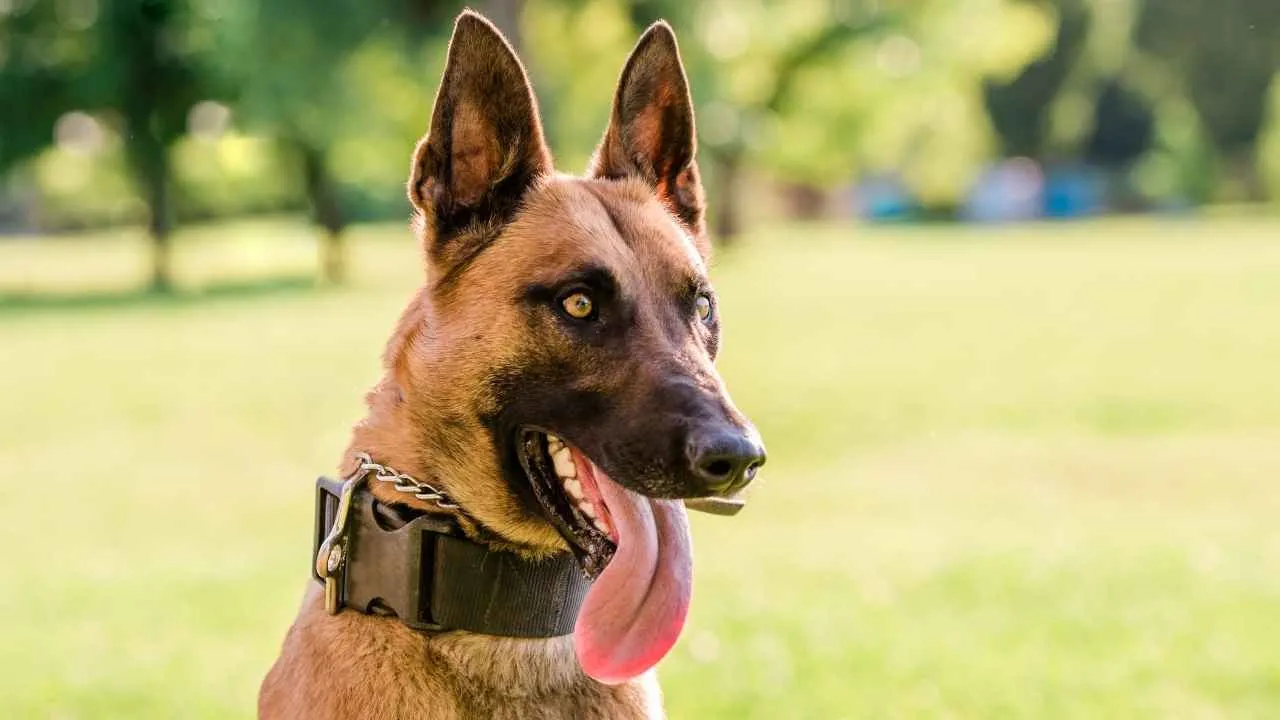
If the consulate could hire an elite, special-ops commando in fur, it would be the Belgian Malinois. This isn’t just a dog—it’s a four-legged athlete, detective, and bodyguard rolled into one. The Malinois is the dog you call when things get serious, and “serious” is basically their middle name.
With the ability to sprint up to 35 mph and leap more than 8 feet into the air, a Malinois on duty turns the consulate grounds into a no-go zone for intruders. If someone tries to hop the fence, the Malinois will clear it faster than the intruder can regret their life choices.
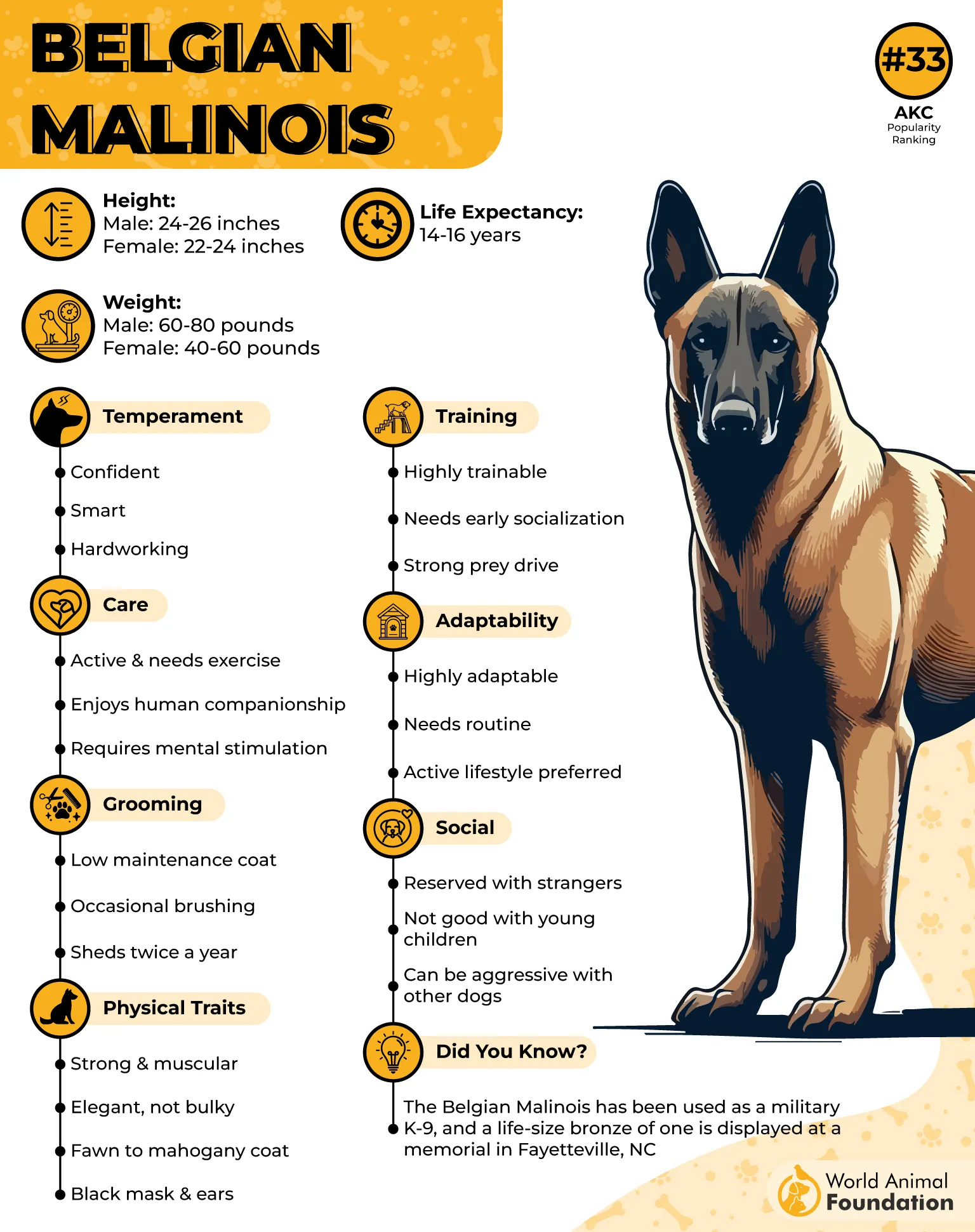
Their scent-tracking abilities are among the best of any breed. This is why law enforcement, military, and airport security around the globe rely on them to sniff out bombs, drugs, and even suspects.
The Malinois lives to work. Give them a job—patrolling, tracking, guarding—and they’ll pour their heart and soul into it. Idle paws? Not an option.
That said, let’s be real: the Belgian Malinois isn’t your “Netflix and chill” buddy. They’re not known for being couch potatoes or lap warmers. Instead, they thrive when they’re challenged, trained, and kept active.
But for protection? They’re second to none. The Malinois is alert, fearless, and astonishingly versatile. Think of them as the Navy SEALs of dogs: highly trained, laser-focused, and always ready to jump (literally) into action.
3. Doberman Pinscher
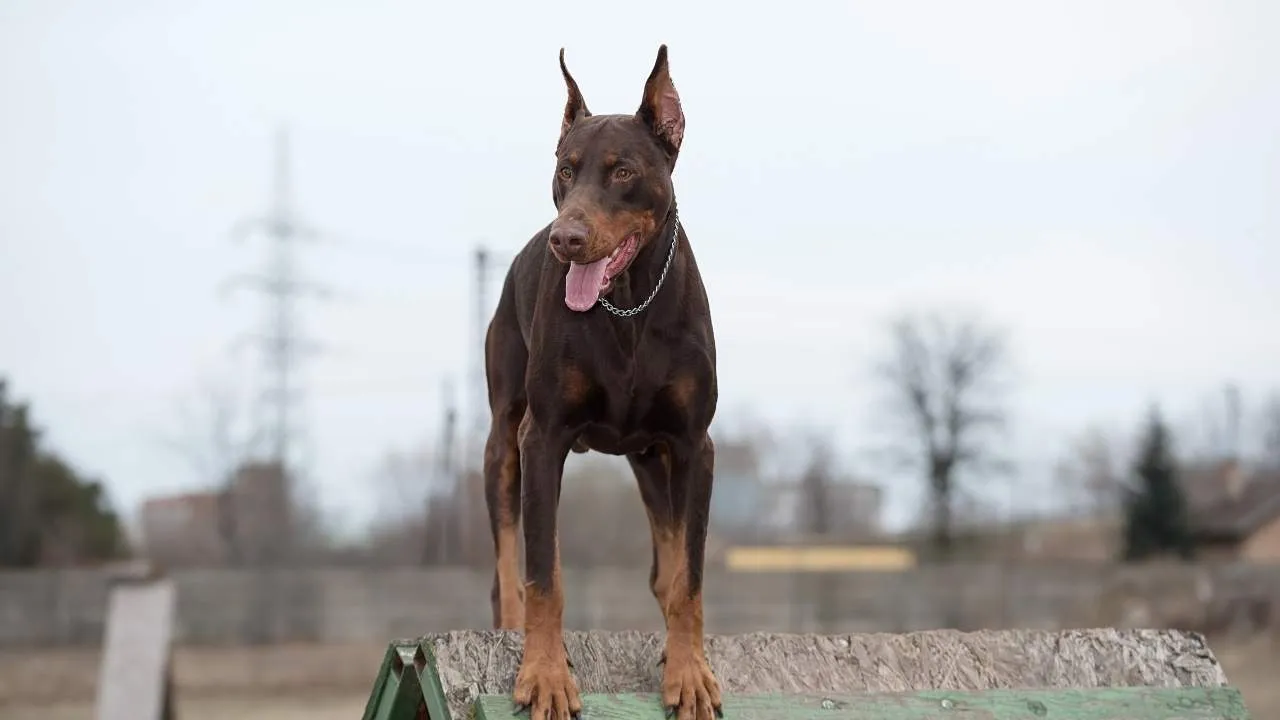
If the consulate needed a sleek, fast, highly trained secret agent, the Doberman would show up in a tuxedo with a Bluetooth earpiece and a “license to bark.” These protection dogs are the embodiment of elegance meeting effectiveness—like the James Bond of the canine world, only faster and scarier when they sprint.
Dobermans are built like athletes. If someone even thinks about breaching the perimeter, the Doberman will be there before the intruder finishes their first bad decision.
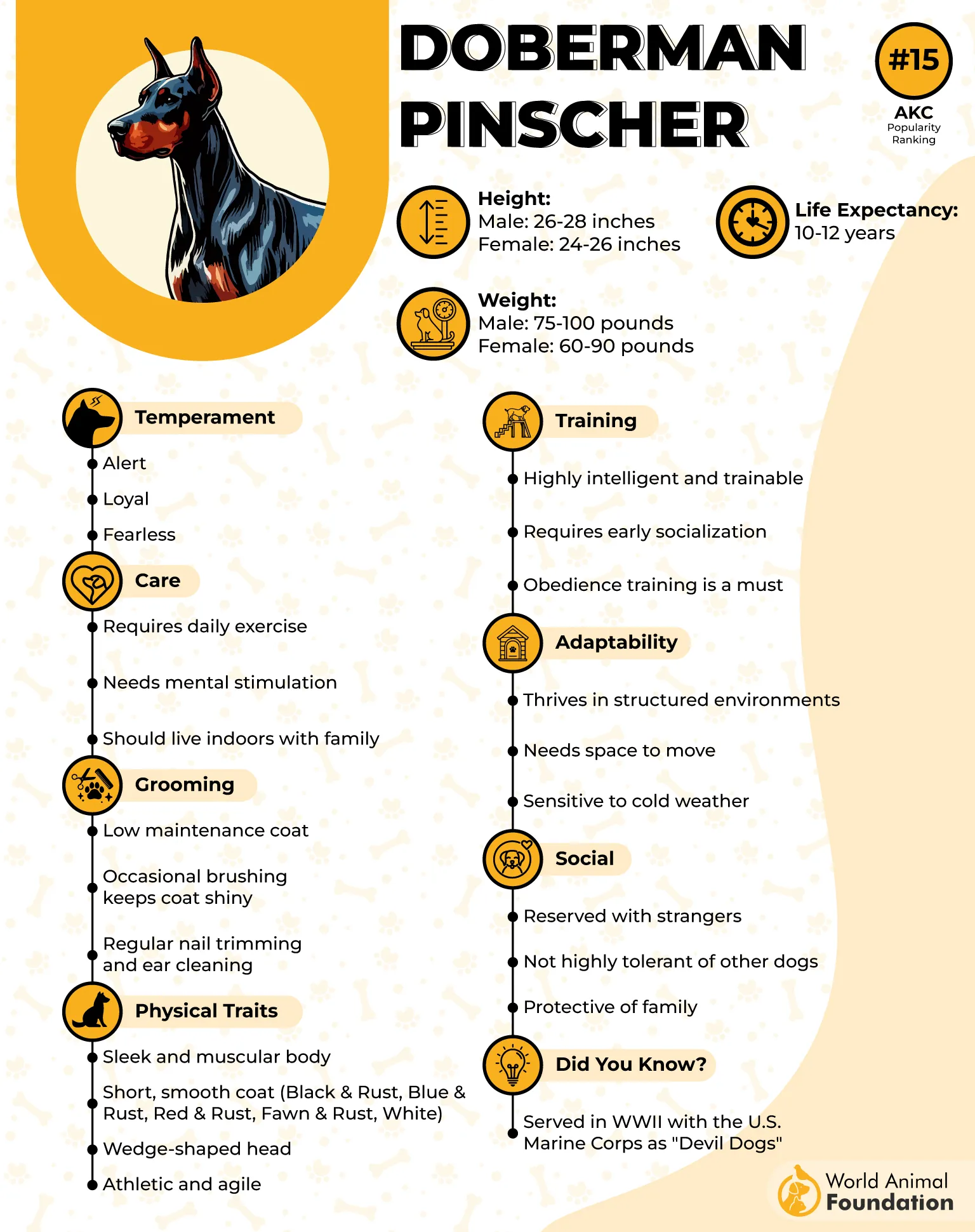
They’re famously bonded to their family or handler. If you’re part of their circle, they’ll protect you like royalty—no exceptions.
Dobermans are ridiculously intelligent. They excel at advanced training and thrive when given tasks. Hand them a security detail, and they’ll treat it like a military operation.
And yet, behind closed doors, they can be giant softies—leaning against their humans like oversized shadows, following them from room to room. They don’t just guard you; they become part of you.
So, when it comes to consulate security, Dobermans aren’t just guards—they’re full-blown protective partners, equally capable of chasing down an intruder or lounging stylishly during a diplomatic cocktail hour. Basically, they’re the security team and the cool factor in one package.
4. Rottweiler
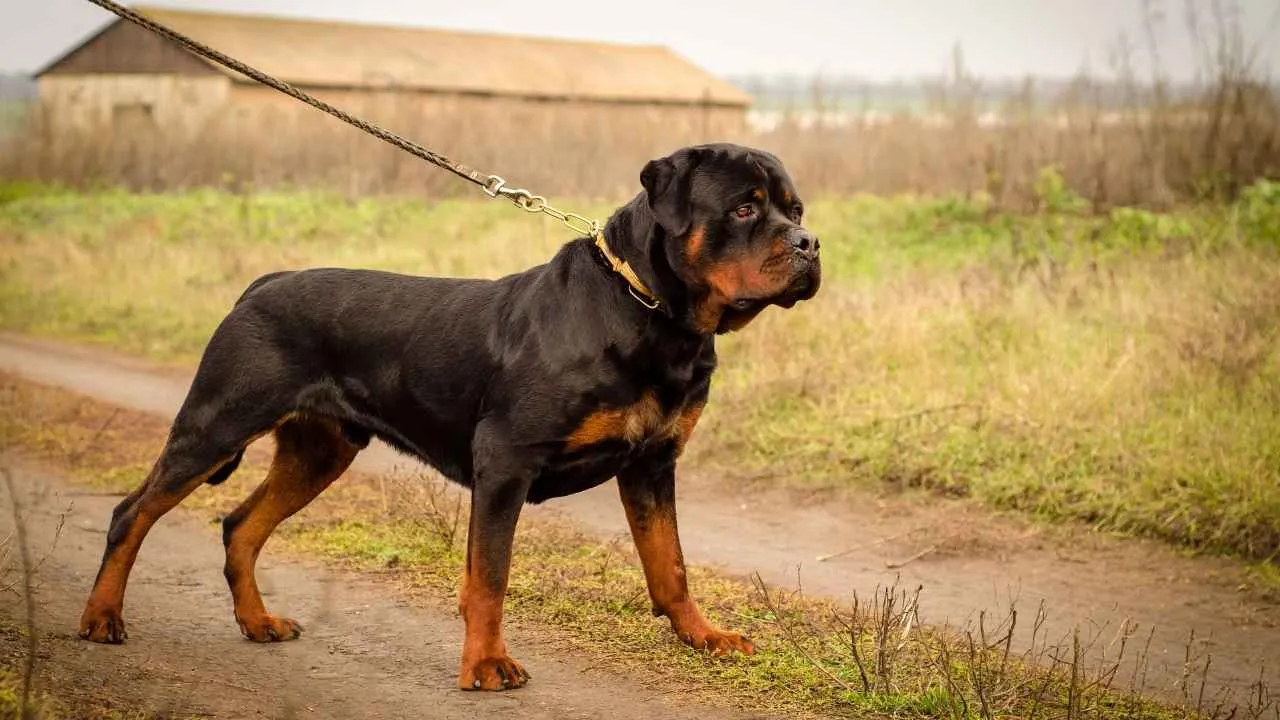
If the consulate needed a no-nonsense, muscle-bound enforcer with a heart of gold, the Rottweiler would be first in line.
These dogs are the ultimate paradox: intimidating enough to stop trouble before it starts, but loyal and affectionate enough to melt into their people like oversized lapdogs.
Purina says today, Rottweilers—often affectionately called ‘Rotties’—still serve as herding dogs, but they’re equally valued as dependable service dogs, protectors, and loyal companions
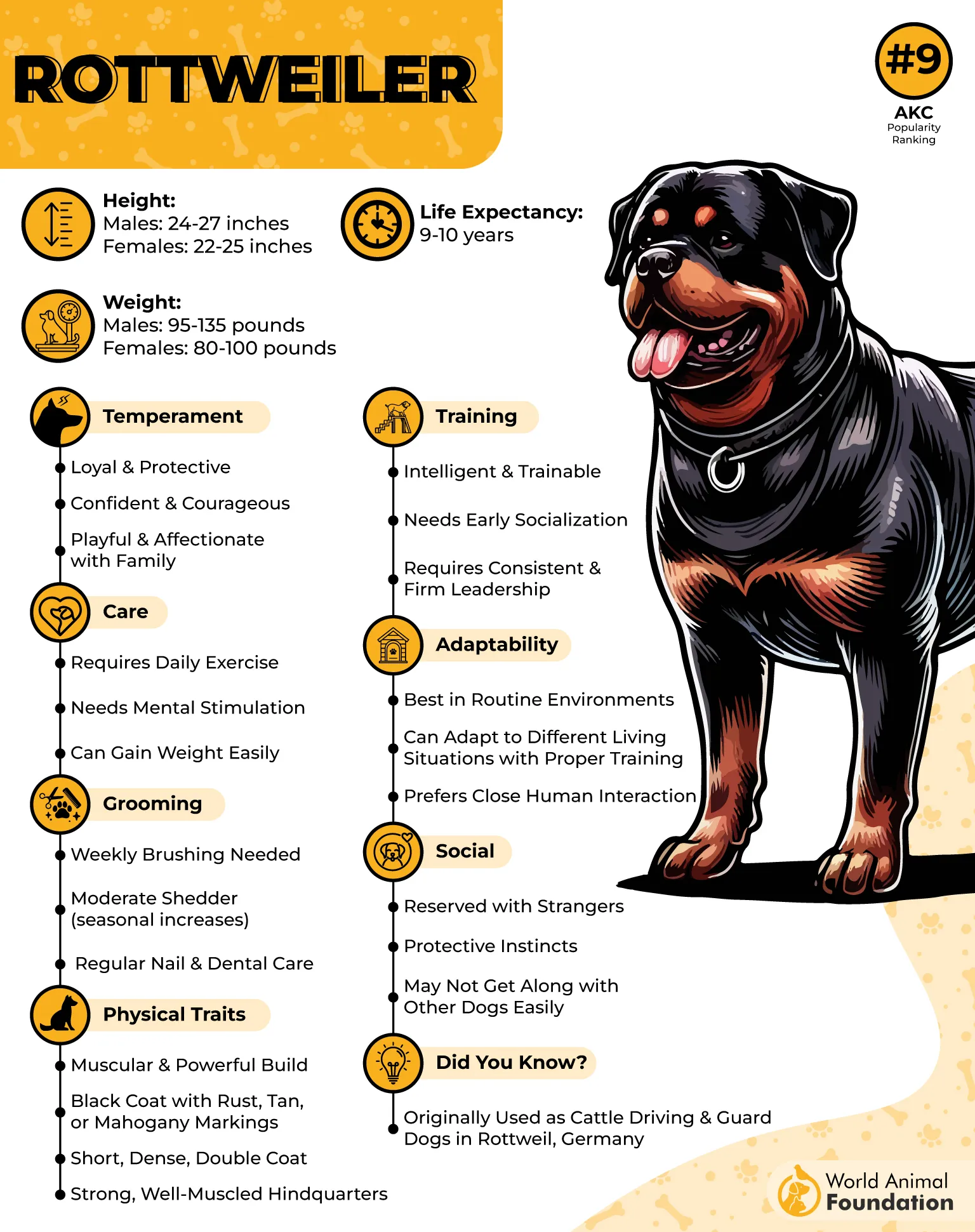
But here’s the kicker: once you’re part of their circle, Rottweilers are giant cuddle buddies. They’ll guard the ambassador like royalty, then flop over for belly rubs during downtime. It’s this balance—fierce protector and loving family dog—that makes them legendary.
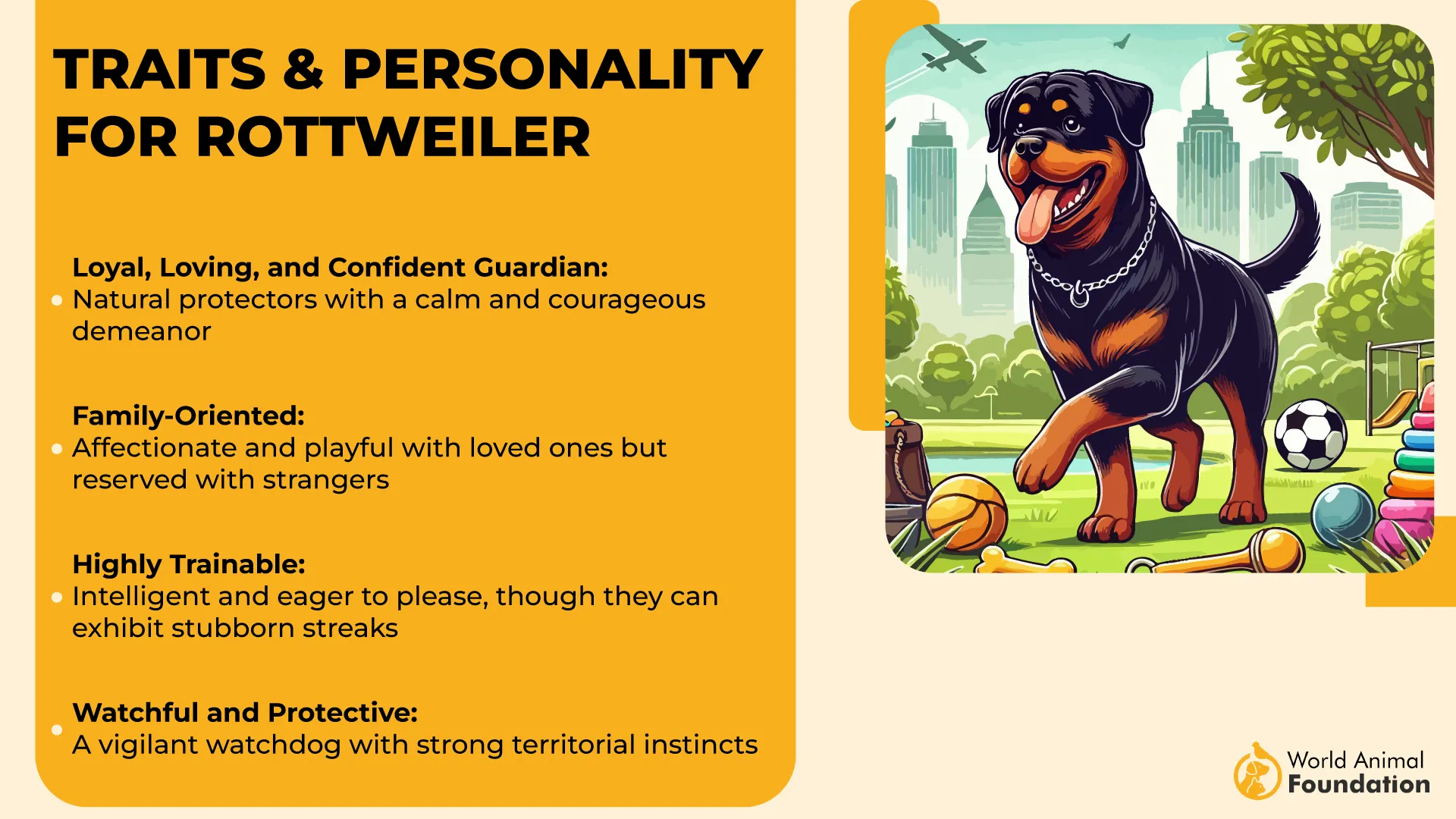
Rotties were originally bred to drive cattle and guard property, and that instinct still runs strong. A consulate under a Rottweiler’s watch is basically Fort Knox.
These aren’t just muscle machines—they’re sharp, quick learners who thrive on structure and purpose. Give them a security detail, and they’ll carry it out with precision.
Just be aware: Rotties don’t suffer fools. They know the difference between a friend, a stranger, and someone who’s up to no good. They’re basically walking lie detectors with wagging tails.
5. Giant Schnauzer
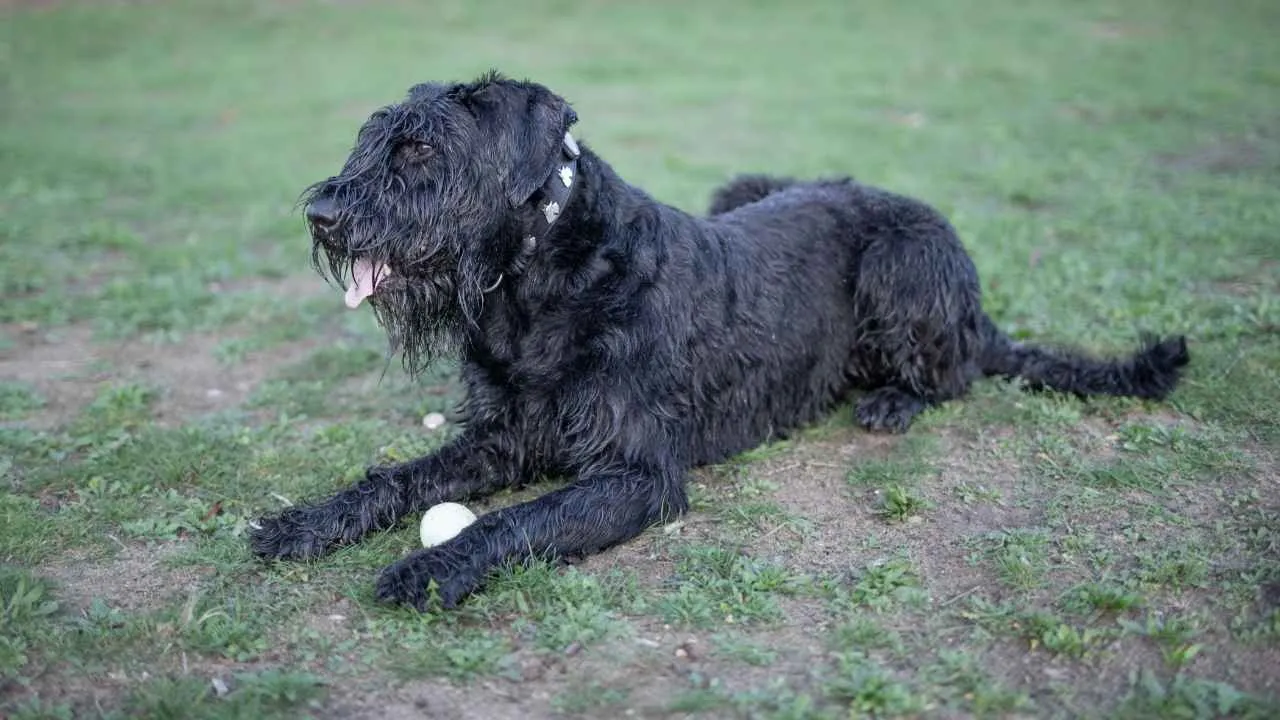
If the consulate needed a security chief with a sharp suit and sharper instincts, the Giant Schnauzer would walk in, twirl its iconic beard, and get straight to business. These dogs aren’t just “big Schnauzers”—they’re commanding, powerful, and more than capable of running the embassy grounds like it’s their personal fortress.
Giant Schnauzers are serious working dogs. They’ve served in police and military roles, so guarding a consulate would feel like a day at the office.
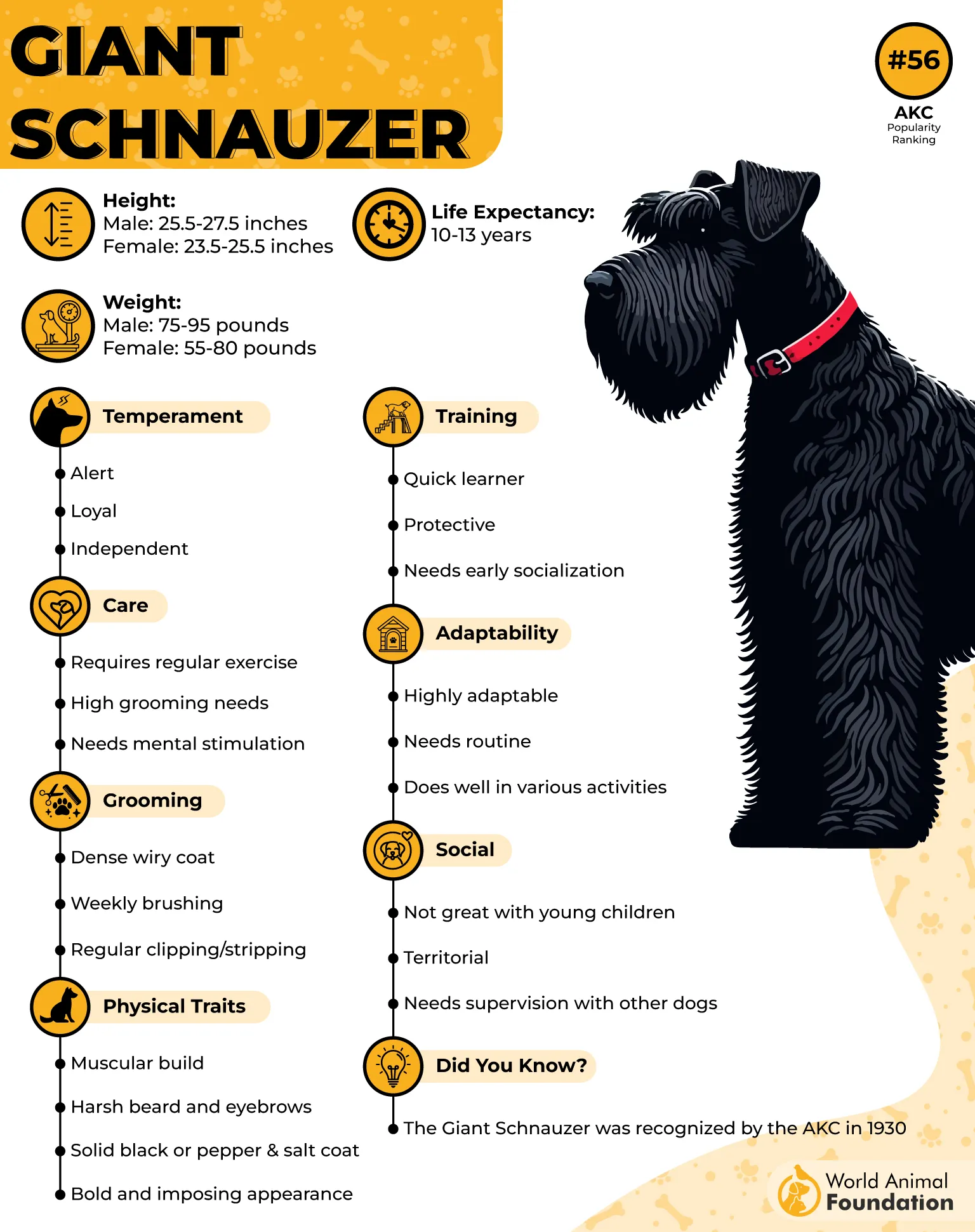
Now, let’s not overlook the look: the Giant Schnauzer’s trademark eyebrows and beard give them an air of sophistication—like a diplomat themselves, but with more fur. Picture one standing tall at the consulate entrance, giving visitors a stare that says: “State your business, or else.”
These pups are problem-solvers. They can distinguish between an actual threat and the intern who forgot their ID badge (though, to be fair, the intern will get the side-eye).
They form incredibly strong bonds with their people, meaning they’ll guard the consulate staff like a bearded, four-legged head of security.
Of course, Giant Schnauzers also have a playful streak. Off-duty, they might chase a ball with the same intensity they’d chase off an intruder. It’s equal parts terrifying and hilarious.
Bottom line? The Giant Schnauzer is like the bodyguard who not only protects the ambassador but also insists the dress code be respected. Smart, stylish, and slightly intimidating—just what a consulate needs.
6. Cane Corso

If the consulate had a “Secret Service K9 Division,” the Cane Corso would be running the show. These Italian guardians are massive, intelligent, and downright majestic. They don’t just walk into a room—they own it.
Imagine a diplomat’s armored car pulling up with a Cane Corso riding shotgun. Nobody’s going to think about causing trouble. A Cane Corso can weigh over 100 pounds and has the kind of build that says, “I lift… and I guard.” Their sheer size alone makes them a natural deterrent.
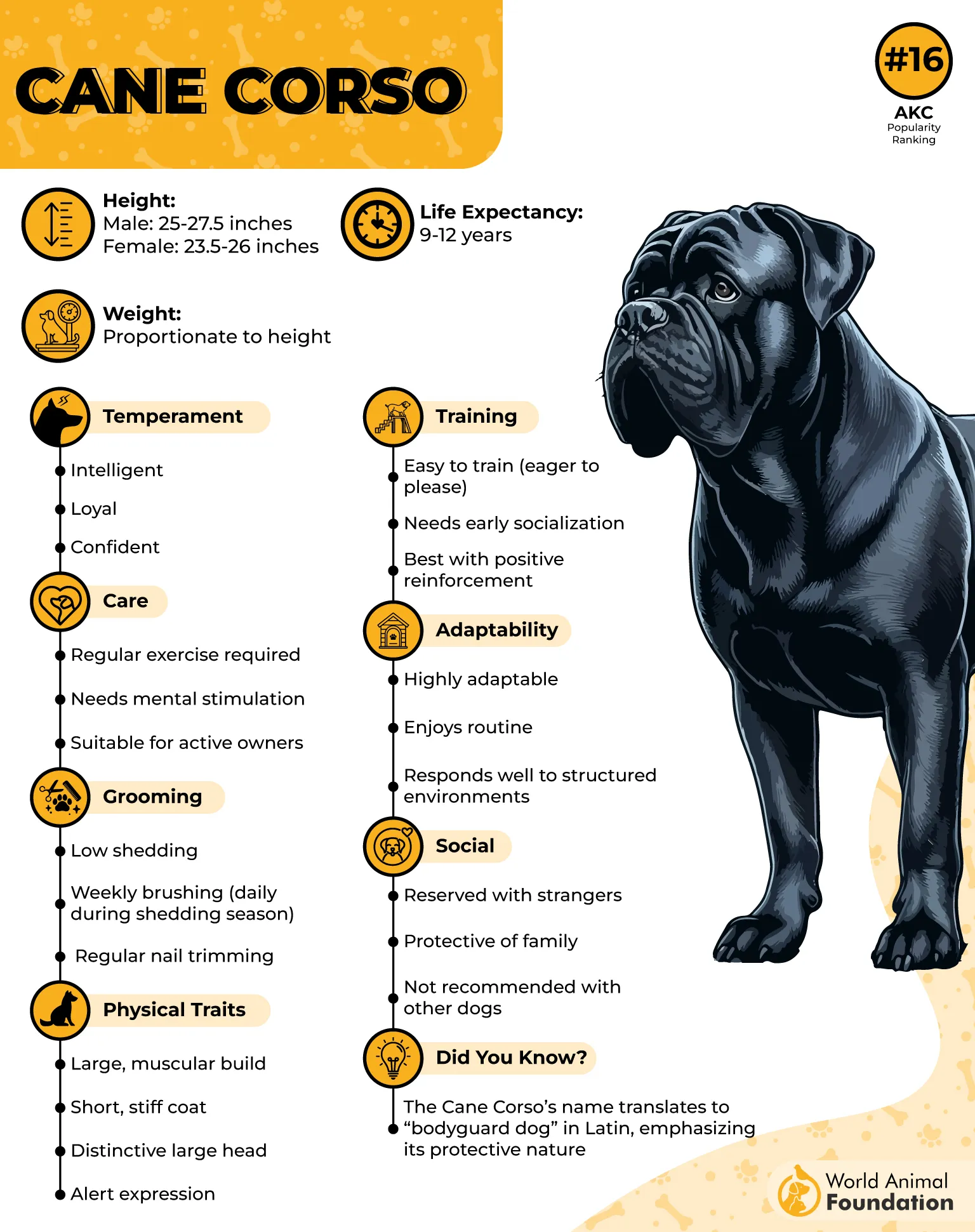
This isn’t a dog that gets fooled easily. They’re sharp, observant, and capable of making quick decisions. Basically, they’d ace any consulate security briefing.
They’re deeply loyal to their family (or in this case, the embassy staff) and won’t hesitate to step in if something feels off. The phrase “over my dead body” might as well have been invented by a Cane Corso.
Of course, like any top-tier security officer, Cane Corsos do require proper training and strong leadership. Without it, you risk ending up with a 120-pound boss who thinks they run the consulate (and honestly, nobody wants to argue with them).
But here’s the fun part: off duty, Cane Corsos are surprisingly affectionate. They’re the type to sprawl out across the embassy lawn, looking like they’re guarding the gates of Rome, when in reality they’re plotting how to sneak an extra snack from the kitchen staff.
7. Bullmastiff
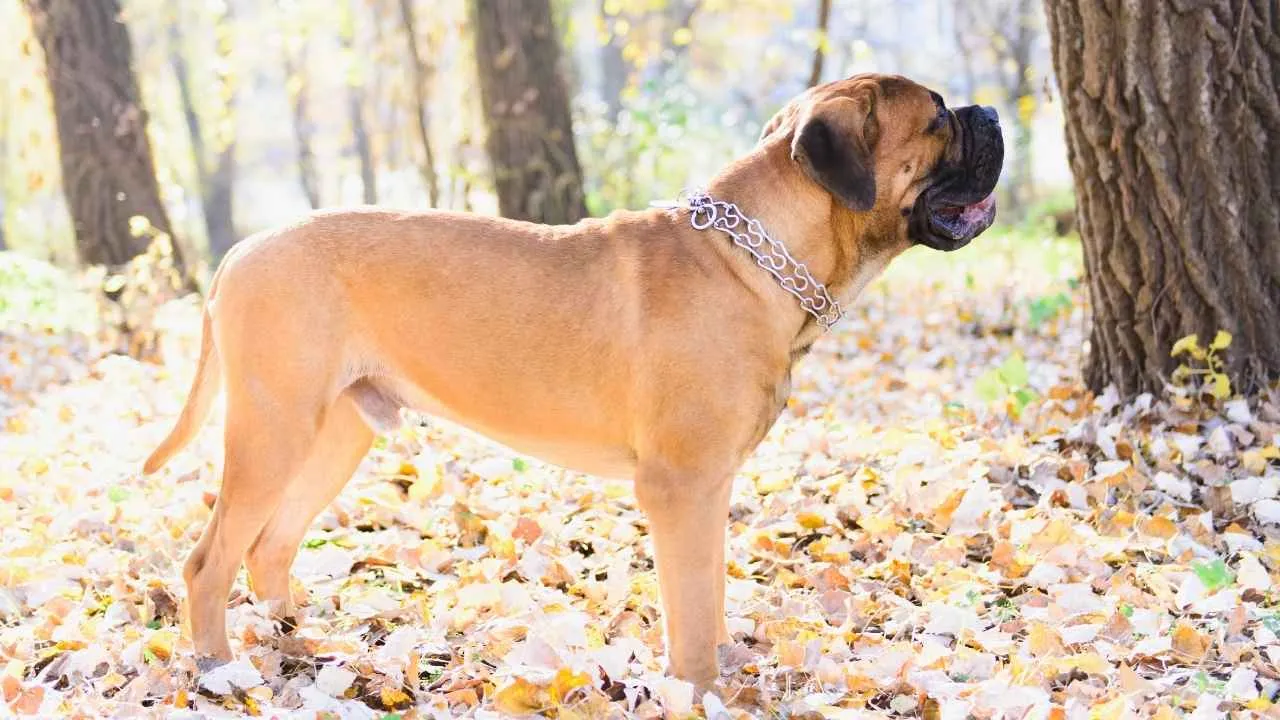
If the consulate needed a dog that could double as a living tank with a velvet heart, the Bullmastiff would be first on the roster. Imagine a guard who looks like they’ve been carved out of stone, but whose idea of downtime is leaning their entire 130-pound body on you for cuddles. That’s a Bullmastiff in a nutshell.
Bullmastiffs were literally bred to be estate protectors. They’re experts at spotting trouble, blocking intruders, and saying “you shall not pass” without needing a Gandalf staff.
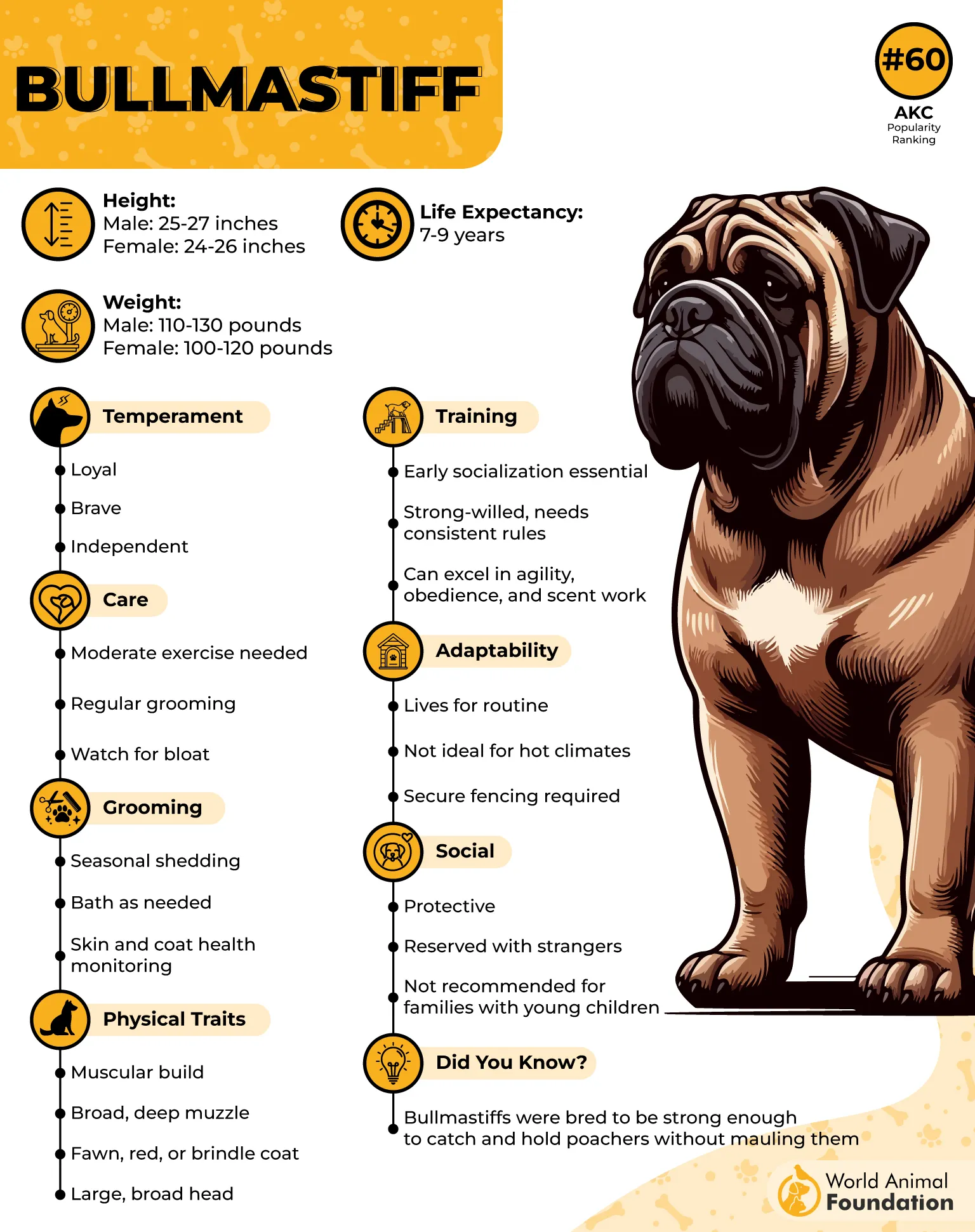
Unlike some breeds that bark at a leaf blowing across the courtyard, Bullmastiffs are more of the strong and silent type. They don’t waste energy barking—they just act when needed. Think of them as the “special forces” of guard dogs, says WebMD.
Let’s be real: the sight of a Bullmastiff at the consulate gate is often enough to make someone reconsider their life choices. No negotiation necessary.
But here’s the twist: beneath that hulking, no-nonsense exterior, Bullmastiffs are total softies with their family. They’ll guard the ambassador with unwavering loyalty during the day, and then flop onto the consulate couch like an oversized teddy bear at night.
So, in a world where diplomacy is delicate and security is serious, the Bullmastiff manages to strike the perfect balance: bodyguard by day, snuggle monster by night. Just don’t expect to win if they decide the couch is theirs—it’s a losing battle.
8. Boxer
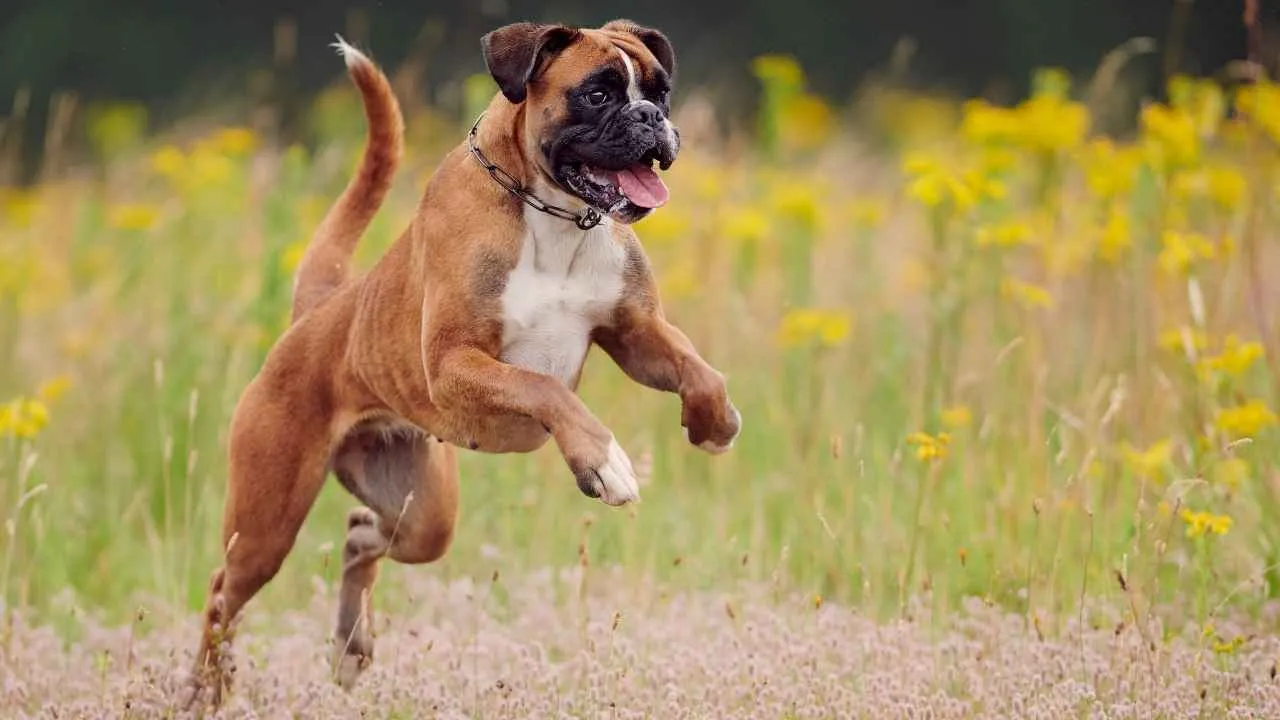
If the consulate ever needed a full-time security guard and a part-time stand-up comedian, the Boxer would get the job hands down (or paws down). These dogs are like the bouncers of the canine world: tall, muscular, and always alert.
But don’t be fooled—behind that tough stance is a goofball who might crack you up mid-security sweep. With muscles carved like marble statues, Boxers are built for action. They can sprint, leap, and hold their ground, which is exactly what you’d want if an uninvited guest decides to test consulate security.
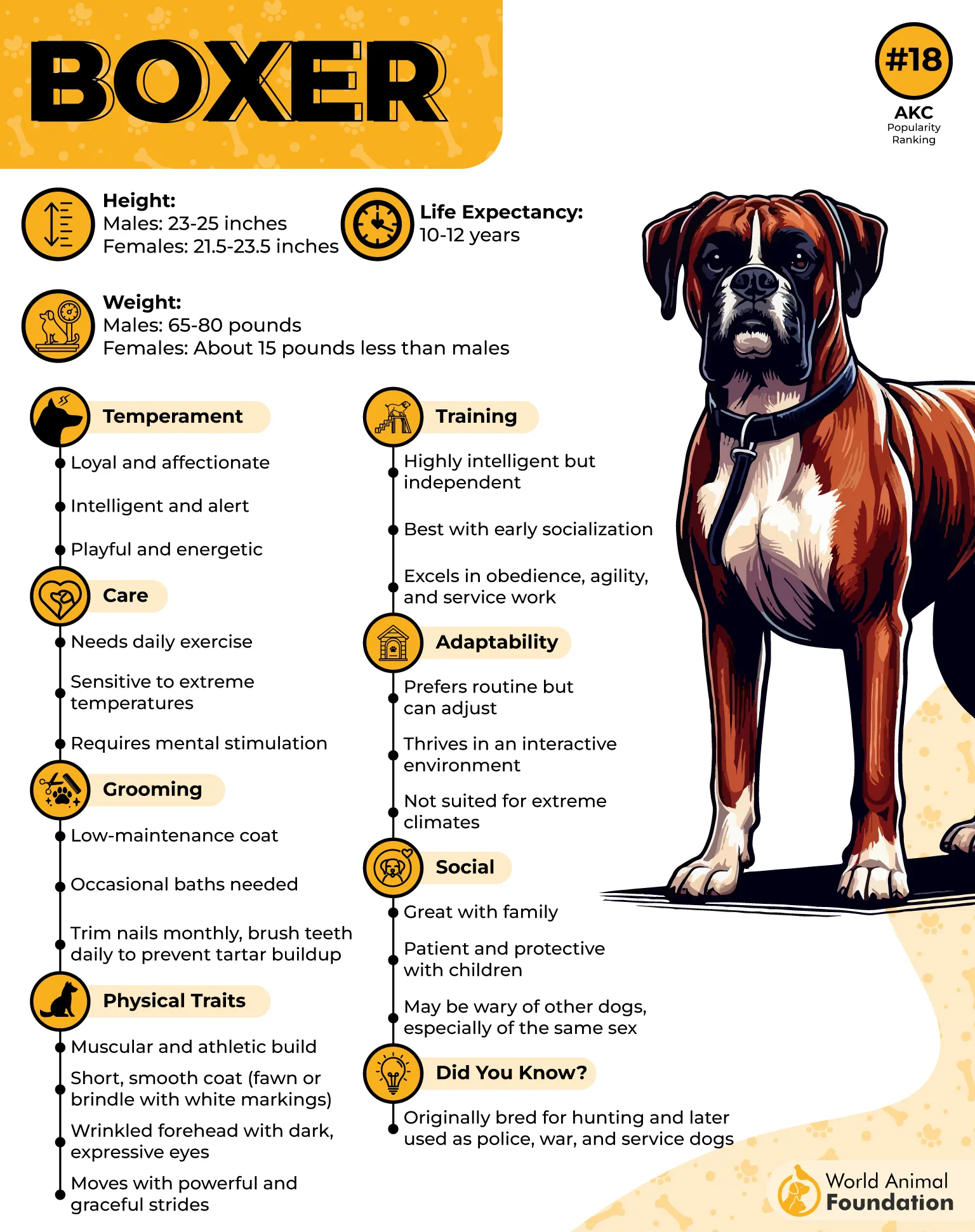
Boxers have a natural protective streak. They’re quick to notice anything suspicious—whether it’s a stranger loitering outside the gate or the snack drawer opening when it shouldn’t.
They take their job seriously, but they’re not the type to be needlessly aggressive. It’s more of a “You cool? We cool. You shady? Not cool.” kind of attitude.
But let’s be honest: Boxers are also comedians in disguise. With their expressive faces and tendency to “wiggle dance” when happy, they might unintentionally lighten up even the tensest diplomatic meeting.
Just imagine a Boxer standing tall at the consulate gates, chest puffed out… only to sneeze dramatically and then grin like they just told the best joke in the world.
9. Staffordshire Bull Terrier
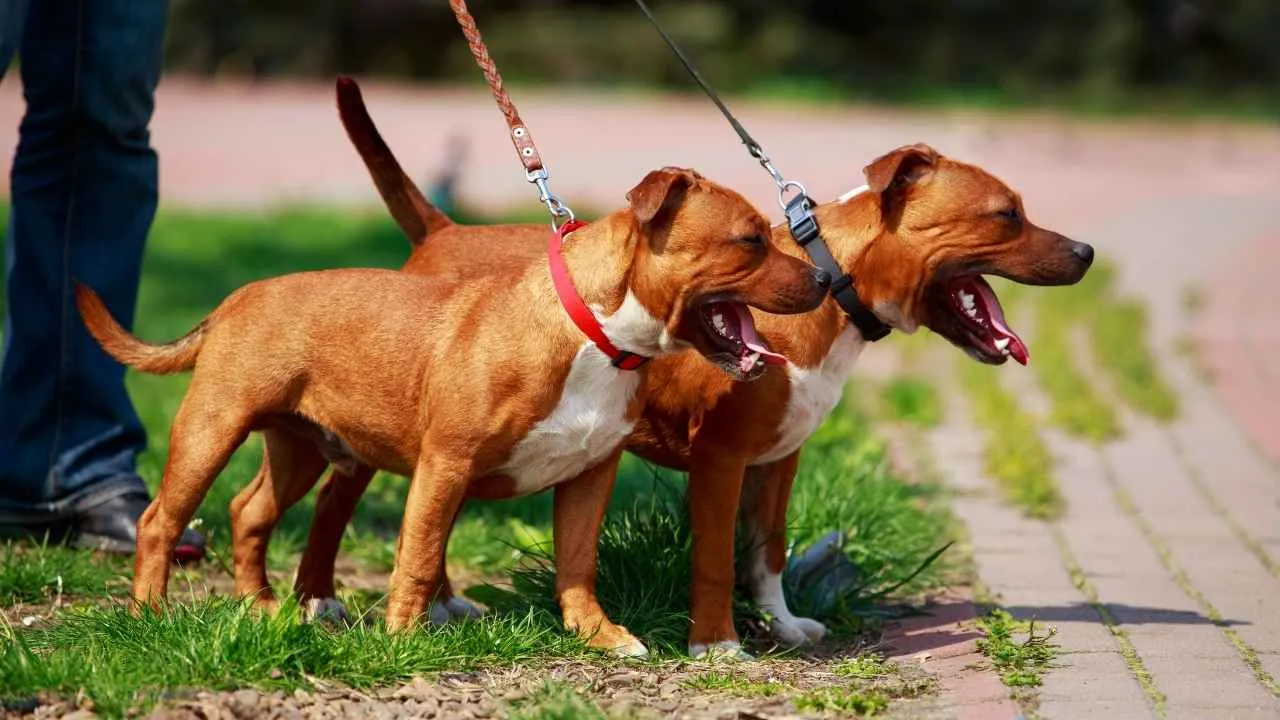
If James Bond were a dog, he might just be a Staffy. Compact, muscular, and brimming with confidence, the Staffordshire Bull Terrier isn’t the kind of pup you’d expect to quietly curl up in the corner during a high-stakes diplomatic meeting.
Nope. This is the dog that makes everyone second-guess whether they should really be sneaking around the consulate. Staffies are known for their fearless nature. They don’t scare easy, and if they sense something’s wrong, they’ll step up like a furry bodyguard in a tailored tux.
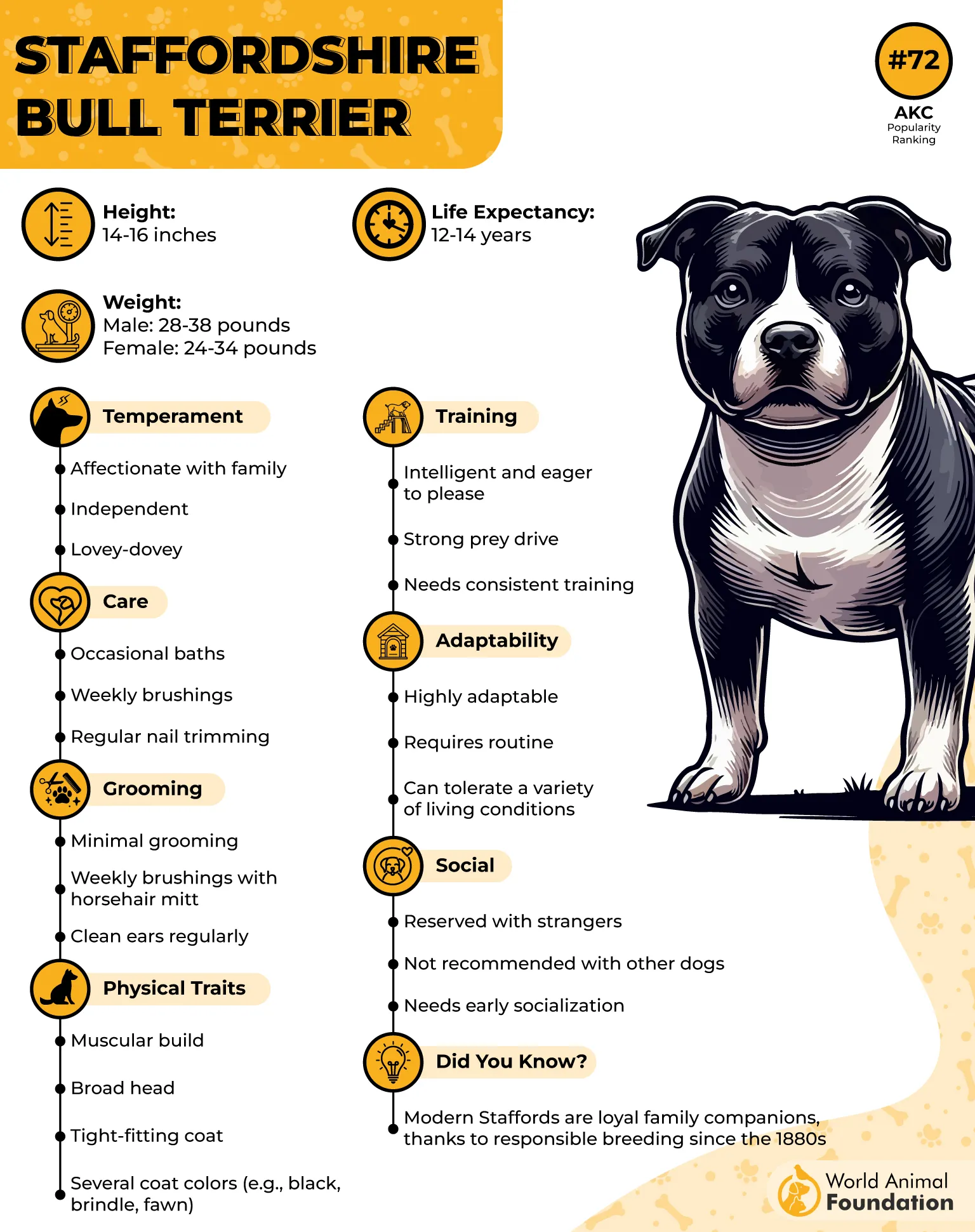
Think of them as the canine equivalent of a compact sports car—small enough to maneuver through tight embassy hallways but powerful enough to stop trouble in its tracks.
Despite their tough appearance, these dogs are ridiculously affectionate with humans—especially their family. That means they can be intimidating to outsiders while still melting into a cuddle puddle when off duty.
And here’s the kicker: Staffies also have an incredible sense of humor. Leave it to a Staffordshire Bull Terrier to look all serious while standing guard… then roll on its back begging for belly rubs the moment the coast is clear.
So, while they may not be the largest or scariest dog on the block, a Staffy brings a unique mix of loyalty, muscle, and just the right amount of sass to make them a surprisingly great candidate for consulate protection.
Conclusion
When choosing the best trained protection dogs, it’s vital to look beyond appearance and focus on temperament, personality, and behavior. Breeds like the Dutch Shepherd, Cane Corso, and German Shepherd, originally bred for herding, proved their worth in World War II as security dogs and remain excellent protection dogs today. With pointy ears, large heads, and acute senses of smell, they combine protection skills with a balanced temperament, making them suitable for personal protection and law enforcement.
Proper training from an early age using positive reinforcement ensures they can safely live alongside owners, families, and other pets or animals, while still being highly energetic, healthy, and eager to work. Adequate exercise is another important factor to keep them stable and effective. Those who prefer a reliable, disciplined dog will find that the right breed—when well-trained and socialized—can serve as both guardian and companion, a strong example of loyalty and protection.


